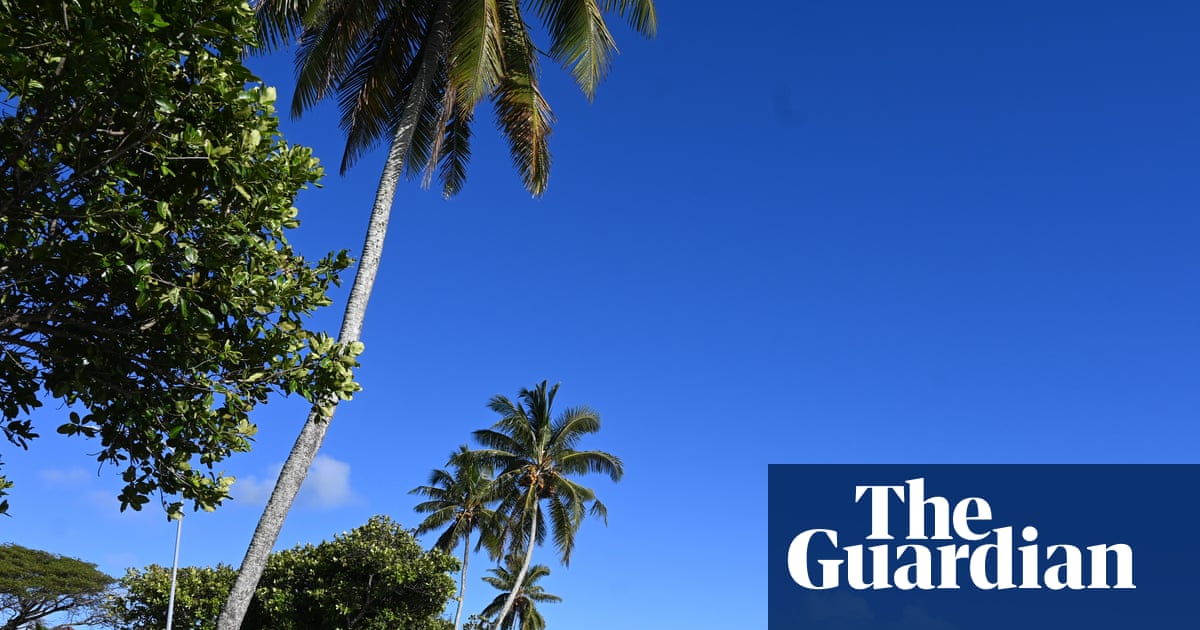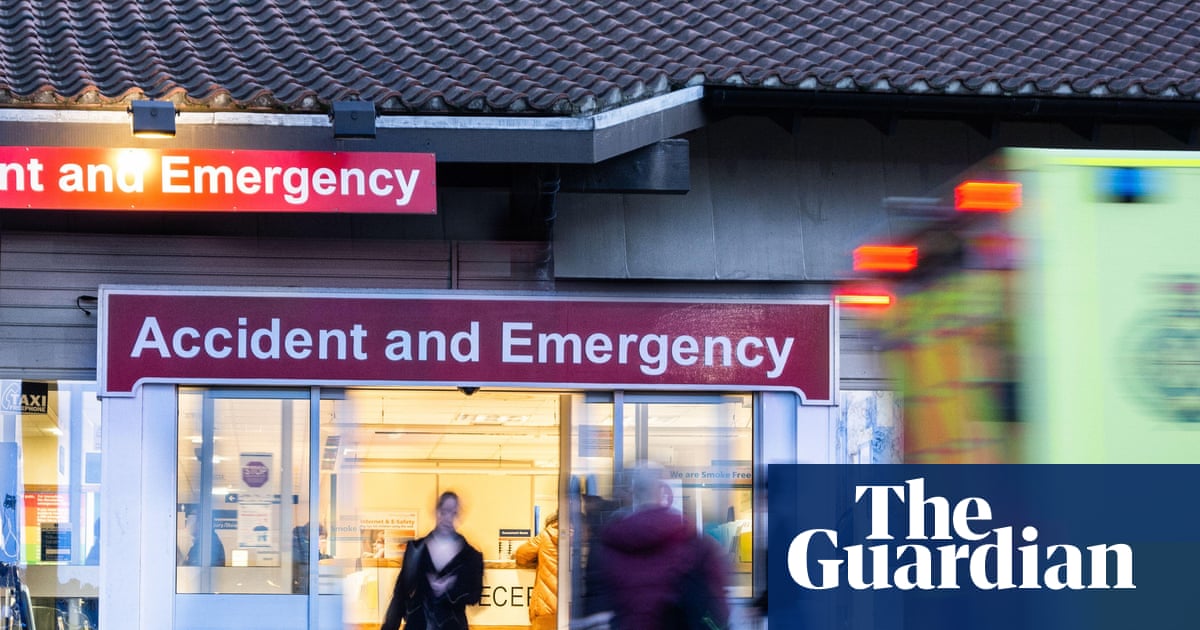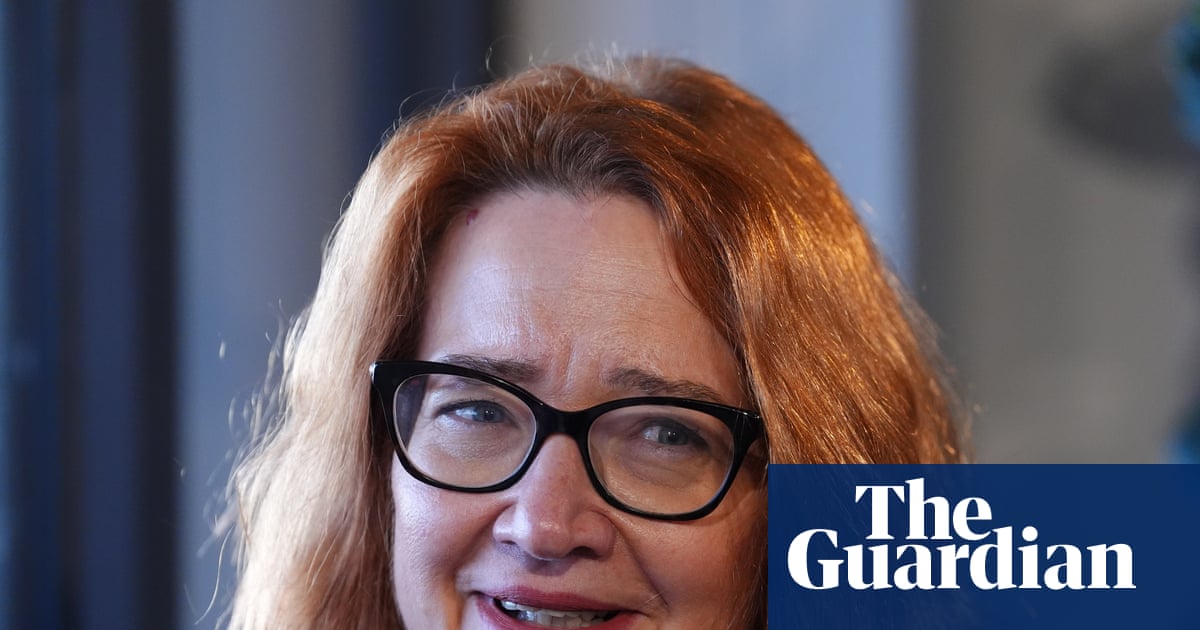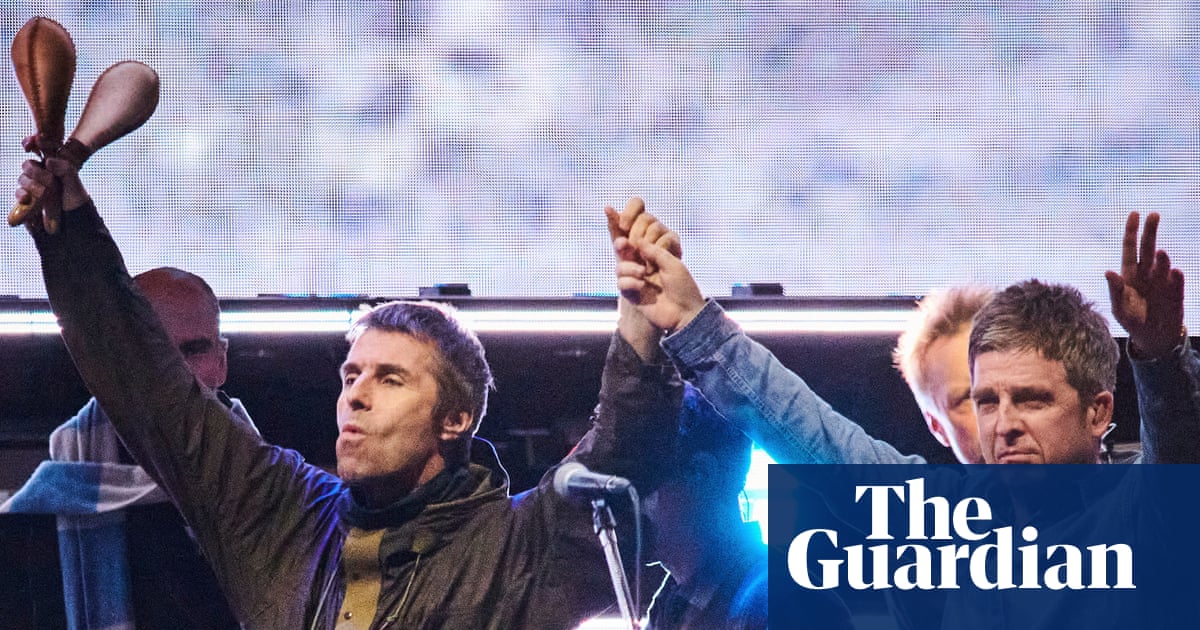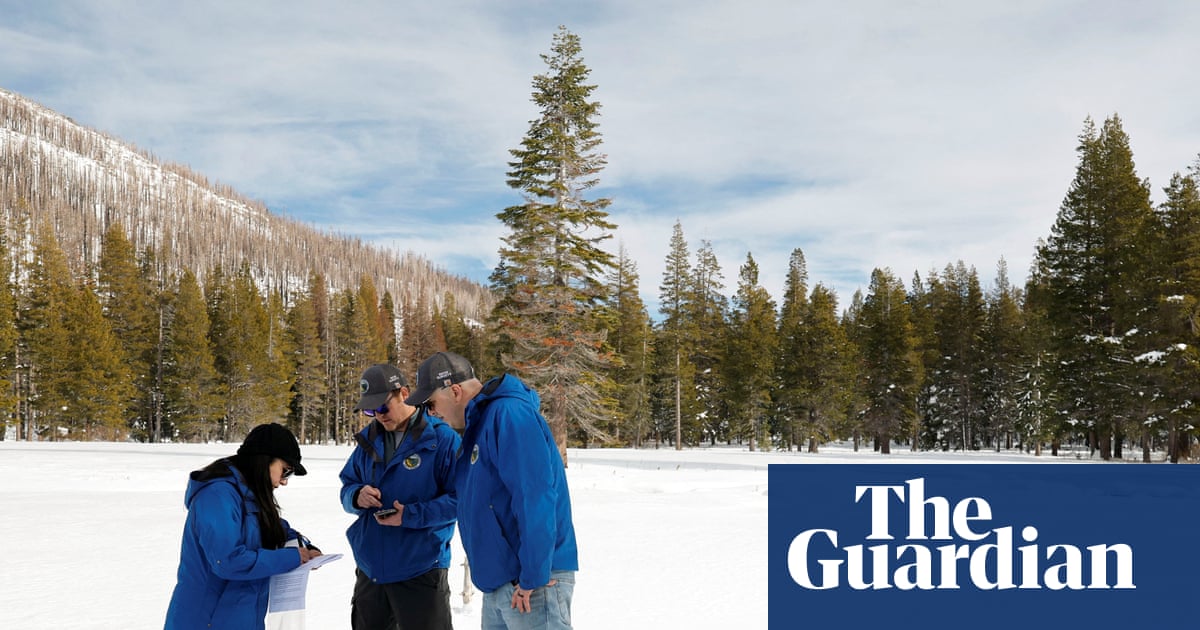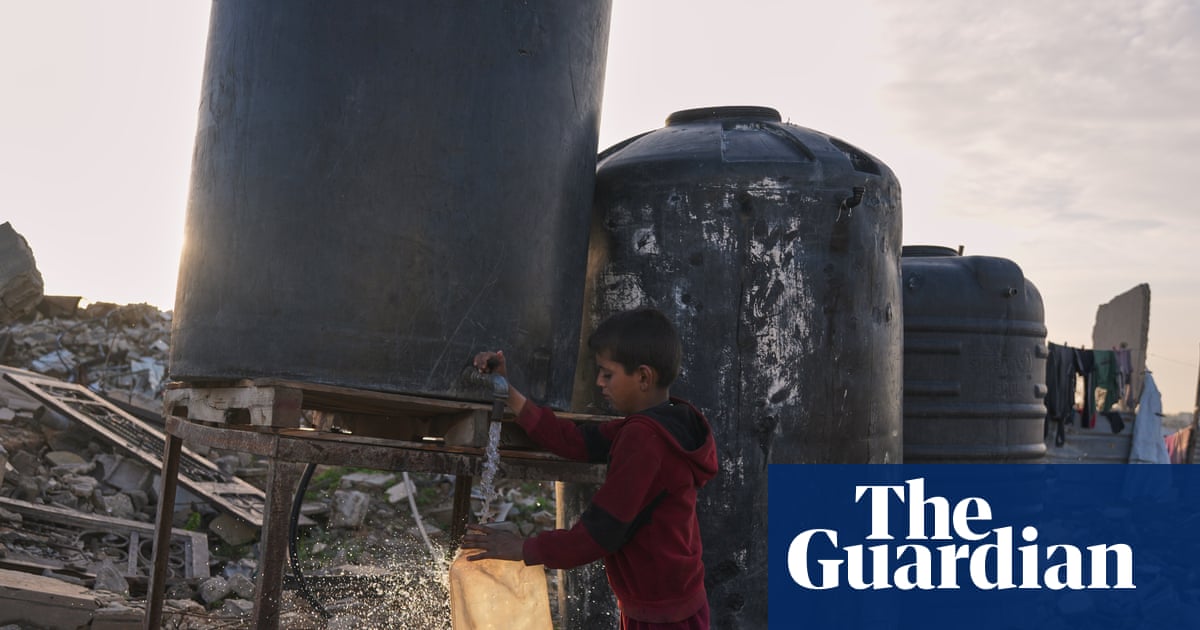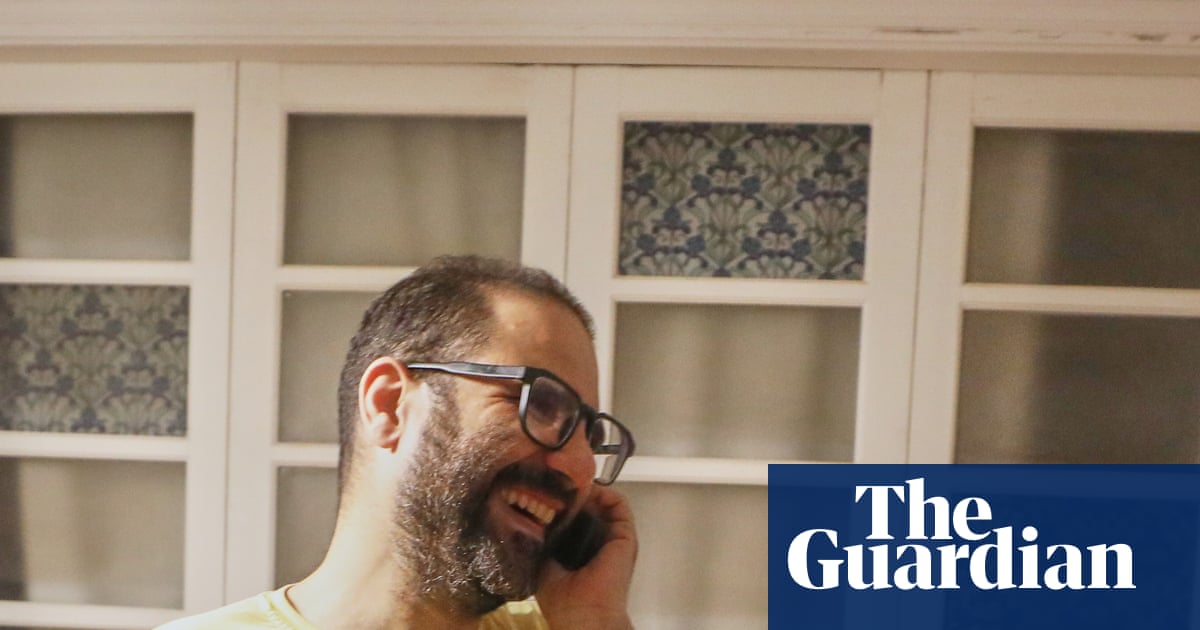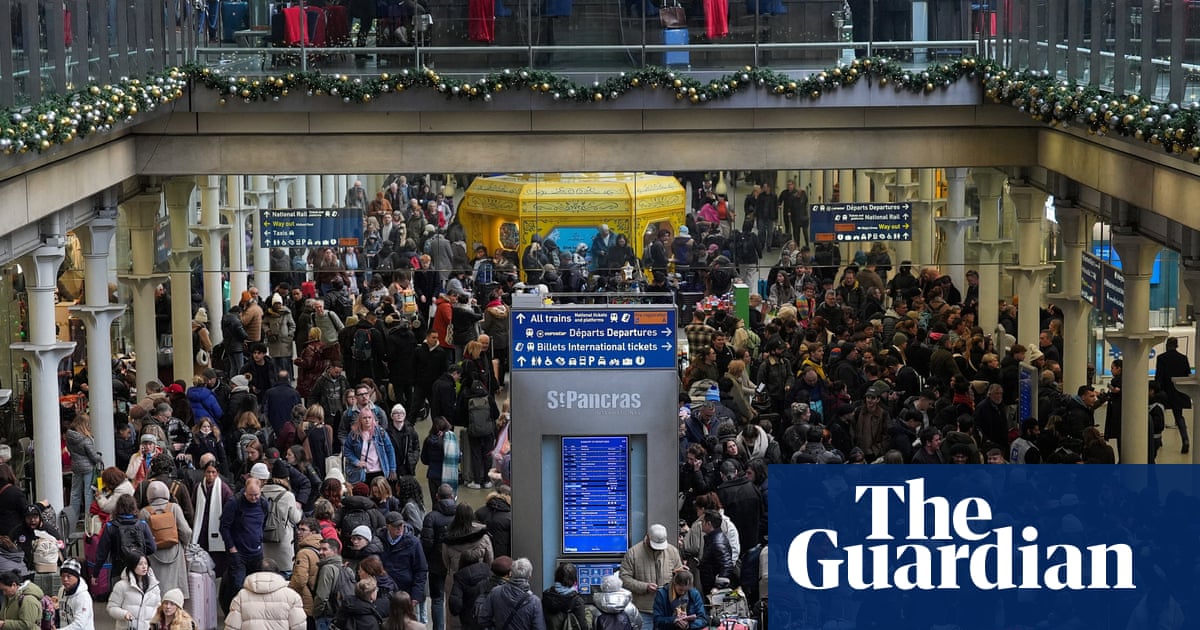Friends and family of a British overseas territory (BOT) citizen who died after the UK refused him medical assistance have called for reform of “flawed” policies governing healthcare for the territories.
Robert Baker, a 63-year-old dual citizen of Jamaica and Montserrat, died on Friday, after travelling to Jamaica to receive treatment for blackouts that was unavailable in the British overseas territory of Montserrat.
He was receiving care at a hospital in Montego Bay, but his family said that despite the best efforts of the doctors and nurses, he endured immense challenges while in the hospital, which was under renovation.
After undergoing surgery to remove a tumour from his stomach, Baker was discharged but had to return to the hospital, where he said he was put on chairs for nearly two weeks because no beds were available.
“At one time, I was, like, on four chairs put together and other time I was in a wheelchair. Sometimes, my foot was hanging down so they were swelling,” Baker told the Guardian before his death.
In the week of his death, his family also said they had exhausted all their resources and were no longer able to pay for expensive medication for Baker, who had to be fed intravenously.
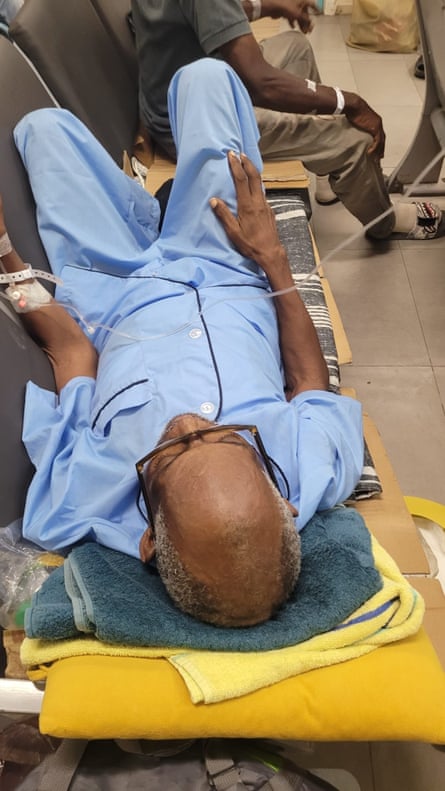
His distraught partner, Cynthia Brooks, pleaded on Monday for better treatment of Montserratians.
“One of my greatest wishes … is that other Montserratians don’t get denied [help] from the British government. They should help our people because we are ruled under their government.
“If only they [had] listened to the cry of Robert Baker … asking for help to go to England for better healthcare, he would be with us today. So … if anyone … should ask the British government for help due to sickness, please … don’t let any more die the way Robert Baker died, just because of neglect,” she said.
Donaldson Romeo MP, a former premier of Montserrat, had raised money, written letters to the Foreign, Commonwealth and Development Office (FCDO), and visited Jamaica and the UK in an attempt to get assistance for Baker. He said he was told that the UK did not ordinarily assist dual nationals in their country of second nationality, unless there were human rights or humanitarian violation matters.
The FCDO had previously said that the UK did not provide consular support to dual nationals when they were in their second country, and that the Department of Health and Social Care had an agreement with BOTs for five to 10 BOT citizens a year – depending on the territory – to be treated by the NHS. It said the BOT government had to make the referral and cover the costs of travel, accommodation and subsistence.
Romeo, who flew to the UK on Sunday to lobby British MPs to address the challenges facing BOT citizens in Montserrat, said Baker’s death was a tragic indictment of “flawed, fragmented and poorly aligned policies” towards citizens of British overseas territories.
In his last letter to the FCDO on Wednesday, before Mr Baker’s death, he said the case clearly met the human rights exception threshold, asking: “Is it humane for a 60-year-old post-surgical patient to survive on intravenous drips for over eight weeks, sleeping across chairs for two weeks and later in a wheelchair for four days? Would such treatment be tolerated under British jurisdiction, even in a prison or detention centre for asylum seekers?”
His letter also described a scheme that allowed up to 10 overseas citizens from each BOT to receive NHS treatment each year as “inadequate in relation to the scale of need” and “deeply flawed”, adding that it created “disparities that have resulted in predictable harm and, in some cases, loss of life”.
Romeo said that Baker would not have qualified for the scheme, as he was unable to meet the criteria of covering travel, accommodation and subsistence costs – which neither the UK nor Montserrat provided.
Montserrat has been devastated by a string of natural disasters, including the 1995 eruption of the Soufrière Hills volcano, which destroyed its capital, Plymouth, and forced two-thirds of its population to flee. Thirty years later, health facilities on the island have not been fully restored, according to officials.
Earlier this month, the Guardian reported on the case of Cherry Brown, 69, a BOT citizen from Montserrat who sleept rough in a park in Swanley, Kent. Brown had been funded by the Montserrat government to travel to the UK and receive treatment on the NHS, which is not available on the island – but received letters from the NHS demanding payment for her care.
“The recent death of Robert Baker, highlights Montserrat’s ongoing struggle. Nearly 30 years after the volcano destroyed our key infrastructure, we still lack a proper hospital, specialist care and strong emergency services, forcing many to seek costly treatment overseas, often with tragic outcomes,” Romeo said.
He added: “While wealthier British territories [like Gibraltar] and crown dependencies enjoy robust local healthcare and UK NHS access, Montserratians continue to face deep inequality”.
“I urge UK MPs to once again stand with Montserrat as they did in 1997 by giving us equal access to [the] UK’s NHS. As British citizens, people in Montserrat deserve the same dignity, compassion and healthcare. I am confident that the people of the United Kingdom would understand and care, if they knew the full extent of our struggle,” he said.
The Guardian has approached the Jamaican government for comment.

 2 months ago
63
2 months ago
63
